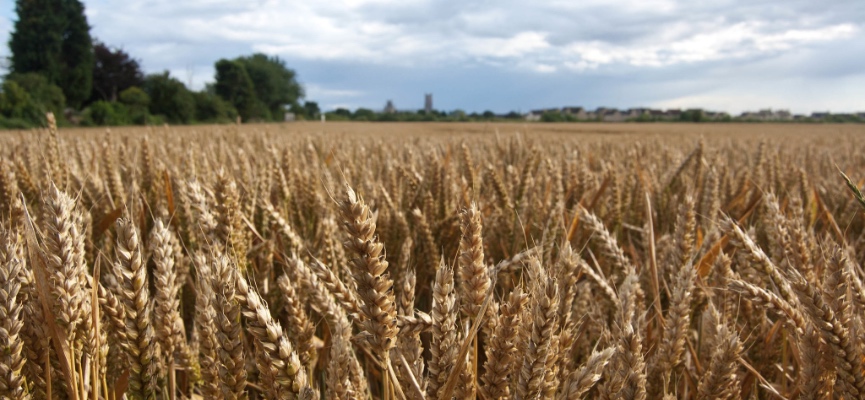Since the inception of this column, a lot of turf has been covered regarding some very challenging agricultural and food issues related to seed, pesticides, health and sustainable agriculture. Often Monsanto and its activities have come into question.
Less than three weeks ago, the National Farmers Union initiated an online petition calling on the Canadian federal government to ban Roundup and glyphosate.
Monsanto, a huge transnational which has now merged with Bayer, looms large globally when it comes to farmers, weed control, genetic manipulation of seed, Roundup and cancer.
In 2018, Monsanto was bought by Bayer for $63 billion. Bayer now faces close to 14,000 lawsuits against its product glyphosate, and in the past year its stock has dropped by 40 per cent. (And yes, that is the same Bayer that makes aspirins and vitamins, and now, most infamously, the pesticide known as Roundup, and its active ingredient glyphosate.)
In the last few years Monsanto has been on public trial — despite its having tried to bury detractors such as Percy Schmeiser. More recently, in the U.S. there have been several lawsuits accusing Monsanto of deliberately misleading consumers about the dangers of glyphosate, the active ingredient in Roundup.
Many of those stories are tragic and heartbreaking — yet inspirational — and all acknowledge that the fightback against Monsanto, and now Bayer, and its practices is far from over.
Dewayne Johnson, a former San Francisco school groundskeeper sued the corporation and was eventually awarded $78 million from Monsanto. Read this account of the case dating from last August: “How Much a Life? Monsanto Trial Exposes Risks of Roundup Herbicide“
Yet another column from last year, delves deep into the roots of seed and genetic manipulation that leads to the need for increased use of pesticides to promote seed growth. The antagonist in that story is also Monsanto. Read more on the links between seed and pesticide here: “Two Important Stories about seed and Monsanto.”
In the ongoing debate about whether glyphosate causes cancer, several legal actions are being launched. In Saskatchewan — for the first time ever in Canada — a class action suit by farmers has been launched, led by a Moose Jaw-area farmer who is ill with non-Hodgkins lymphoma.
In 2015, the UN World Health Organization’s International Agency for Research on Cancer (IARC) announced that glyphosate, the principal ingredient in Monsanto’s Roundup, was likely carcinogenic. That set-off Monsanto’s continued and increased efforts to spin the story differently — to the point that they are now being accused of falsifying scientific studies hoping to “prove” the safety of Roundup, despite the WHO’s determination.
The real shock for many comes with the increasing evidence that Monsanto doctored scientific published articles touting the safety of test results about glyphosate — endangering thousands of lives. Monsanto’s goal was to prevent Roundup from being banned by health agencies — Canadian health agencies included. The articles published worked — for awhile, but now with the Dwayne Johnson case they have been debunked.
Monsanto is in big trouble. As they say — what goes around, hopefully, eventually, comes around! The CBC investigative documentary The Monsanto Papers delves deep into the evidence about the transnational’s deceptive strategies.
The lawsuits, the media stories and the monitoring done by research organizations such as the CBAN coalition, detail the alarming story of Monsanto’s efforts to maintain and increase its profits and corporate control.
What is equally alarming is that it has taken years and years of suffering and activism to get to this point! You have to wonder if governments should also be taken to court for their inaction!
For now, here is something we can all do: take action — sign-on to the NFU petition.
Lois Ross is a communications specialist, writer, and editor, living in Ottawa. Her column “At the farm gate” discusses issues that are key to food production here in Canada as well as internationally.
Photo: Dave Gunn/Flickr
Make rabble sustainable. Please consider supporting our work with a monthly donation and join us as we take on the 2019 election. Support rabble.ca today for as little as $1 per month!





